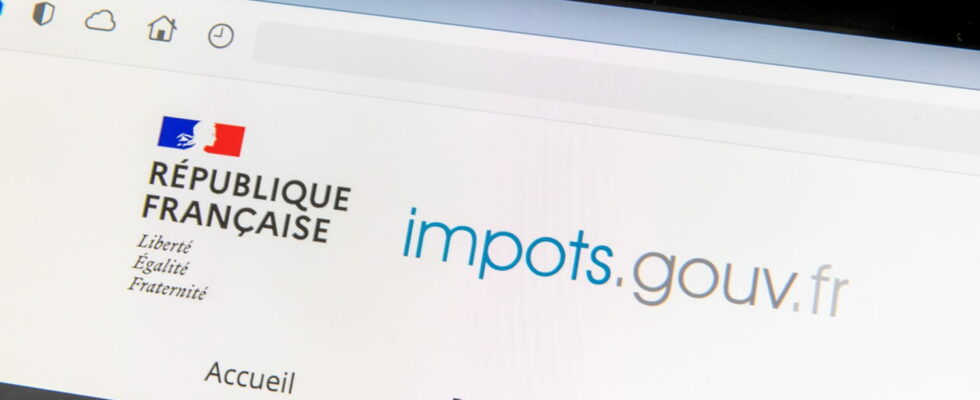Taking advantage of the income adjustment period, scammers are sending emails and text messages notifying of refunds or accusing their recipients of tax fraud. A phishing scam that you should not fall for.
Fraudulent SMS campaigns, identity theft, fake transfer order scams, false accusations of fraud or tax evasion… The tax authorities regularly warn Internet users and taxpayers against this real scourge. And there is plenty to do, especially at the moment! Indeed, taxpayers have until August 29 to correct their tax return for the year 2023. A godsend for scammers, who take advantage of this to launch new phishing campaigns by pretending to be the tax service. The Picard Courier alert on a wave of scams. Indeed, several fraudulent emails have been circulating for a few days, displaying the header of the official tax website informing their recipients of an upcoming refund on their account. It is important not to give in to the temptation to believe them!
2024 tax scam: fraudulent refund promises
The General Directorate of Public Finances (DGFiP) sound the alarm. These emails promise a fake refund following a supposed assessment of your tax situation or, conversely, demand the payment of tax arrears by accusing the recipient of tax fraud with threats of a bailiff, intervention by law enforcement, heavy fines or even prison sentences. The fraudulent message indicates that all you have to do is click on the link provided and fill out a form in order to resolve the situation. The victim is then asked to provide several pieces of personal information, then the site directs the victim to another page inviting them to enter their bank card details.
To be sure to deceive their victims, scammers do not hesitate to use the official letterheads of the General Directorate of Public Finances (DGFiP), the impots.gouv.fr website, the Ministry of Finance or the General Inspectorate of Finance. So be careful!
2024 tax scam: how to spot a fraudulent message?
Please note that the tax authorities never send emails redirecting to online forms to obtain a refund or to notify of a tax situation review. In this type of situation, you must always authenticate yourself on your personal space. In addition, they simply never send text messages. In the event of a tax audit, they always send a paper letter with acknowledgment of receipt and will never contact you by email. You should therefore never respond to this type of email! To be certain of the identity of the sender, check their email address. Only addresses ending in “@dgfip.finances.gouv.fr” actually belong to the tax authorities. Similarly, legitimate French government websites all display the ending “.gouv.fr”. Any other URL should be considered potentially malicious.
If you ever get caught, contact your bank as soon as possible and follow the recommendations given by the official prevention website cybermalveillance.gouv.fr. Change your password and contact the tax department at this address. Keep all evidence and file a complaint at the police station. Finally, don’t forget to report the fraudulent message to the following services Signal Spam, Pharosor directly to 33700 if you have been the victim of a phishing attempt by email or SMS.
